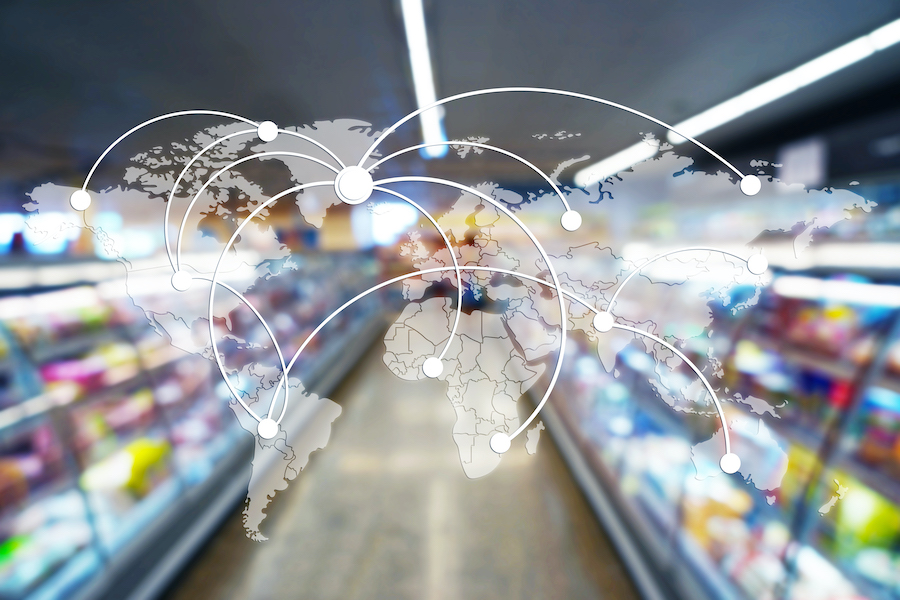Food industry trends are always evolving. As a professional in the food industry, you know how important it is to stay abreast of market changes. But sometimes, remaining updated isn’t enough. Keeping up with changes in the food industry needs to also include embracing new technologies. This will help you plan ahead and develop your firm.
As an example, the following are three food and beverage sector trends happening right now, as well as how technology could play a part in helping your company come out on top.
1. Employment Trends
Accounting and food manufacturing experts predict that up to 4.6 million industrial positions may go vacant in the next decade. The reasons for this are myriad. It’s a perfect storm of an aging population, pandemic conditions and difficulty with communicating to younger generations the benefits of working in the food industry.
This projection is alarming for food producers and processors who rely on specially trained workers for production, manufacturing, inventory management and shipping. It’s never been more critical for food firms to future-proof their operations in an industry with razor-thin margins and rising manufacturing costs.
Companies that rely on antiquated systems or spreadsheets to operate their operations risk losing valuable information when staff depart and jobs go vacant for long periods of time.
Utilizing specialty technology that has been developed for the food sector, all production, manufacturing, finance, purchasing, sales, and inventory data is stored within the company’s system, so no data is lost as people leave. Therefore, training new employees on a user-friendly, simplified solution reduces onboarding time, resulting in increased productivity and overall business development.
2. Global Commerce Using a Food Industry Consultant
Global commerce has never been more important in the food industry. It’s no wonder that the food business is feeling a great deal of anxiety as supply chains are being disrupted. These rapid market shifts, along with newly-imposed rules and taxes, make it difficult for food producers and processors to predict industry patterns and rely on demand-driven production. This volatility makes it difficult for food businesses reliant on overseas commerce to plan and budget.
It’s never been more critical for food firms to have access to local inventory, financial, and production data. The end-to-end visibility that a technological solution provides allows food makers and processors to effectively handle market unpredictability and respond swiftly to changing requirements, laws, and customer expectations.
Using a food industry consultant, food businesses can manage pricing and remain competitive in a volatile market. A food industry consultant can also leverage technology on behalf of the food business to help with yield management, catch-weight analysis, and keep a handle on production pricing, which can also help a food business to keep costs competitive.
3. Accountability
Tracing materials and ingredients throughout the supply chain from start to finish are still major trends in the food business. “Local” and “ethically grown” have always been difficulties for huge producers and processors that struggle to connect with end consumers and reinforce authenticity claims. Transparency and front-facing traceability provide consumers with confidence in a brand’s authenticity and security.
A food industry consultant can help to come up with tailored solutions for food business professionals, offering the information they need to comply with food safety requirements. This enables food manufacturers and processors to have complete tracing and transparency in all steps of the supply chain.
Keeping up with new and developing trends is critical for food makers and producers trying to expand. Food industry consultants play a major role in staying up to date as well as harnessing the latest technologies to help your food business thrive in any market.
